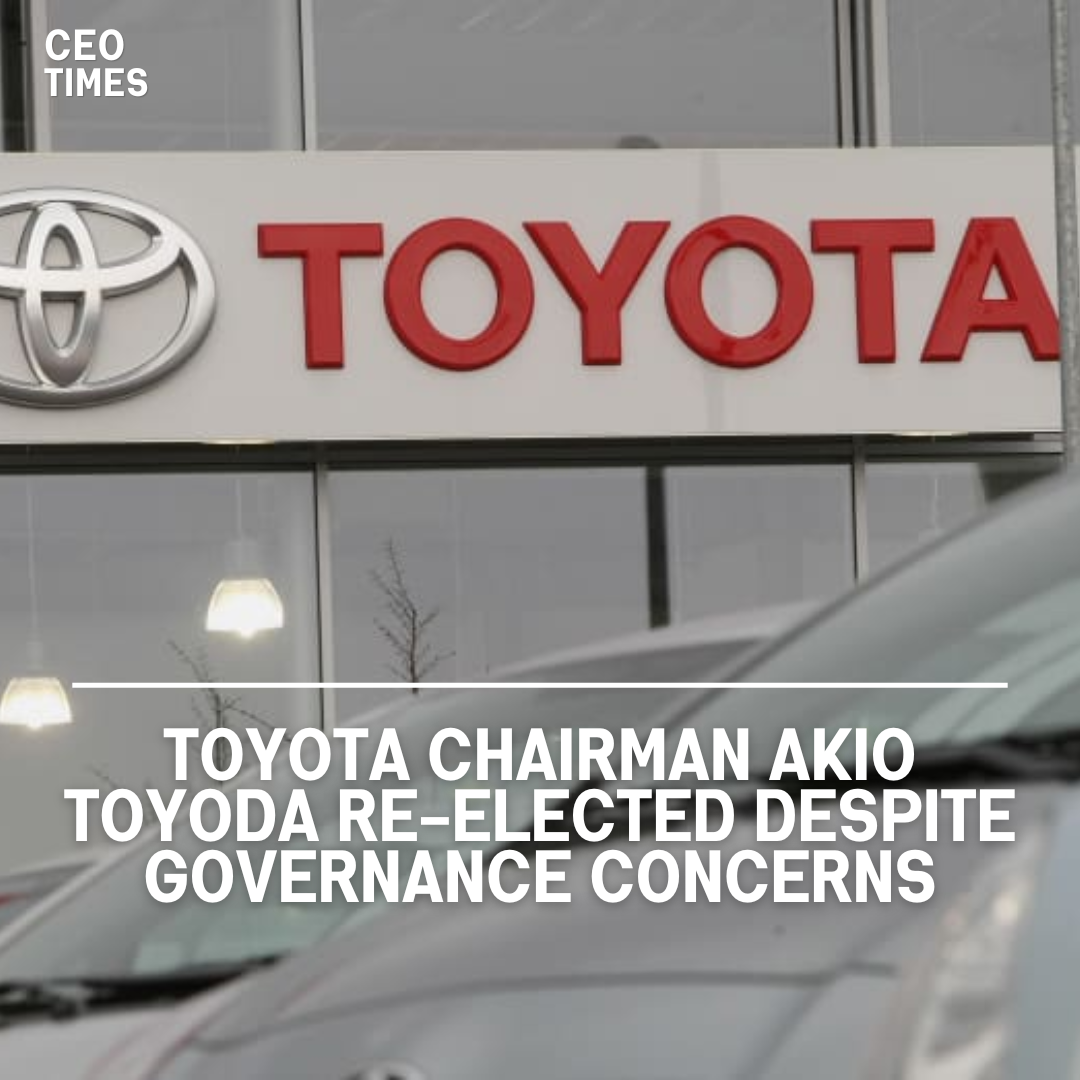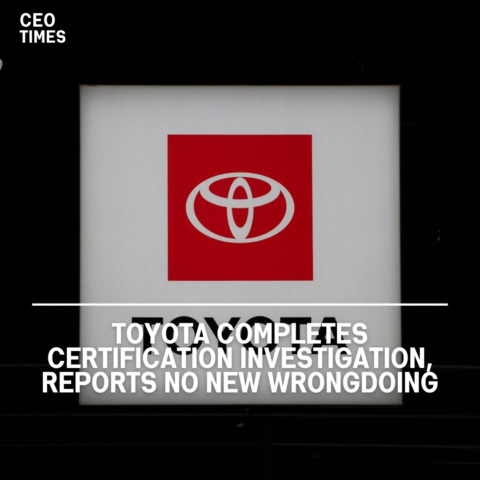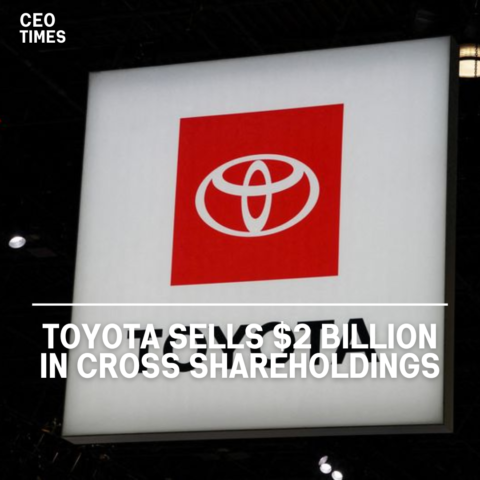Toyota’s Chairman Akio Toyoda and nine other board members were re-elected at the automaker’s annual general meeting on Tuesday. Despite facing criticism over governance issues and certification test scandals, shareholders largely supported the current leadership.
Background and Election Outcome:
Two major proxy advisory firms had advised against Toyoda’s re-election, yet his re-appointment was widely anticipated due to significant shareholdings by other Toyota group firms, the company’s record business performance, and his popularity among Japanese retail investors. The exact level of shareholder support, to be released on Wednesday, will indicate the degree of confidence in Toyoda’s leadership.
Governance Concerns:
Toyoda’s approval rating dropped to 85% last year from 96% in 2022 amid safety and certification testing violations at group companies, including Daihatsu and Toyota itself. Proxy advisers like Institutional Shareholder Services (ISS) criticized Toyota’s handling of these issues, and New York City’s public employee pension funds voted against Toyoda.
Michael Garland, overseeing corporate governance for the funds, emphasized the importance of leadership setting a positive tone.
Glass Lewis, another proxy adviser, recommended against Toyoda’s re-election, citing the board’s lack of independence, strategic shareholding concerns, and low return on equity.
Shareholder Demographics and Sentiment:
Foreign investors, who hold a quarter of Toyota’s shares, likely led most opposition to Toyoda. However, Toyoda remains popular among Japanese retail investors, who own 12.6% of the shares.
The company’s record profits and strong stock performance bolstered his support.
An 84-year-old shareholder, Hidenori Takahashi, expressed confidence in Toyota’s management, despite acknowledging the seriousness of the certification issues.
Certification Scandals and Impact:
Recent revelations have highlighted Toyota’s certification problems, with the company admitting to improperly conducting six different vehicle certification tests, affecting models still on the market.
Some tests were conducted under stricter conditions than government standards, invalidating the results. These issues have led to a 10% decline in Toyota’s share price, although the stock remains up 18% for the year.
Response and Future Outlook:
Toyota’s CEO Koji Sato, who took over from Toyoda last year, apologized for the certification problems but did not directly address the proxy advisers’ recommendations. Shareholders also rejected a proposal for greater climate lobbying disclosure, which Toyota had opposed.




















